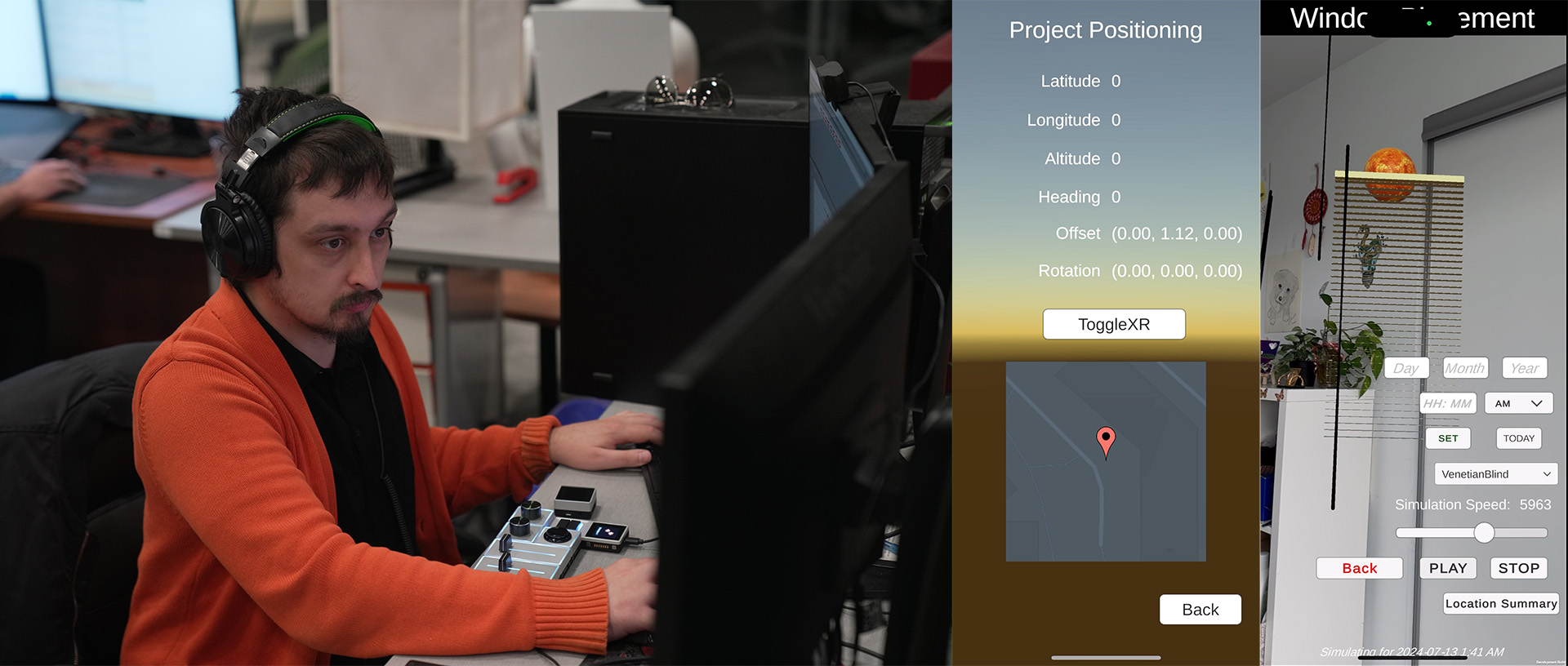
Efficient Solar Window Blind Commissioning Using Mobile Sensors
Research Team
Mike Darmitz
Wladyslaw Bronowicki
Parker Christie
Shehnazdeep Kaur
Partners
Morgan Solar
NRC IRAP
CTO
Impact
- Augmented Reality (AR)
- GPS implementation with local optical tracking.
- Full stack mobile prototype.
Enhancing Data Collection for Solar Window Blind Commissioning
This project was a collaboration between Sheridan College and Morgan Solar, aimed to significantly improve the efficiency and accuracy of data collection during the commissioning of solar window blinds. The core challenge was to enhance a prototype mobile application to better capture device location and window placement while minimizing redundant data entry.
The project addressed this by developing and implementing an improved GPS workflow, an augmented-reality (AR) system for window position capture, and a templating system to streamline data entry. Furthermore, a web-based API and database were created for persistent data storage.
The outcome is an advanced prototype mobile application and supporting back-end system that enables more efficient and accurate data capture, tested and refined based on real-world application. This enhances the deployment process for solar window blinds.
Why Efficient Data Collection Matters for Solar Blinds
The commissioning process for installed solar window blinds requires accurate and efficient data collection, particularly concerning the location and placement of each blind. The project aimed to address the need to improve upon existing methods, specifically by developing a prototype mobile application to streamline this process. Challenges included finding alternative approaches for capturing precise GPS location and corresponding window placement, as well as reducing the need for redundant data entry. The goal was to enhance the efficiency and accuracy of this crucial step in deploying solar blind technology.
How Mobile and AR Technology Streamlined the Process
To tackle the challenges of data collection, the project focused on advancing a prototype mobile application. The technical approach involved several key developments:
- Implementing an improved GPS workflow that allowed for capturing a GPS reference point to be used in conjunction with a local optical tracking system, enabling correction of inaccuracies later.
- Designing and implementing an augmented-reality (AR) workflow for capturing the precise position of windows.
- Developing a templating system to significantly reduce redundant data entry when capturing information about blinds or windows.
- Architecting and implementing a web-based API and database to provide persistent storage for all collected data.
- Performing on-site testing of the application with the project partner and refining the system based on feedback.
A Comprehensive Mobile App for Commissioning Solar Window Blinds
The project successfully advanced a prototype mobile application, complemented by a web-based back-end system. This integrated system serves as a comprehensive tool for collecting and managing data during the commissioning of solar window blinds. The use of AR tools, templating systems and positional referencing further allows the user to accurately detect ideal placements for solar blinds.
